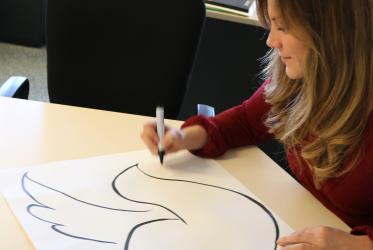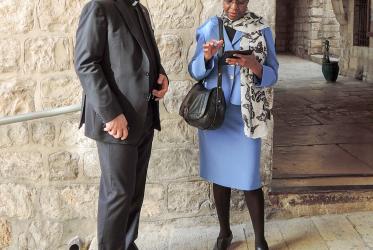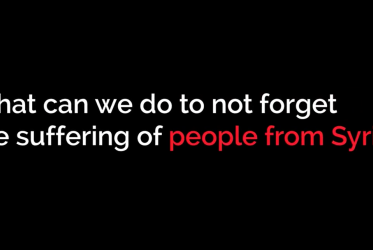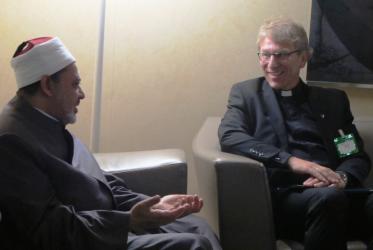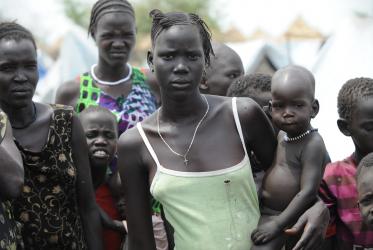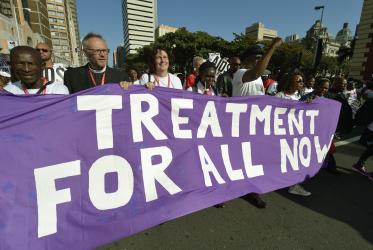Displaying 221 - 240 of 395
16 March 2017
Praying for one another, even when we disagree
02 March 2017
New ACT general secretary envisions more prophetic diakonia
22 February 2017
How do you say “peace?”
20 February 2017
WCC Blue Community implements water changes in the Ecumenical Centre
16 February 2017
Children from Bethlehem in key role, as WCC shares Christmas message
22 December 2016
WCC hosts discussion on religious radicalisation
13 December 2016
Dialogue flourishes between WCC, Muslim Council of Elders
30 September 2016
WCC general secretary reflects on peace in Palestine and Israel
20 September 2016
Hielke Wolters: Apostle of mission strategies
01 August 2016
Facilitating peace with passion
26 July 2016


